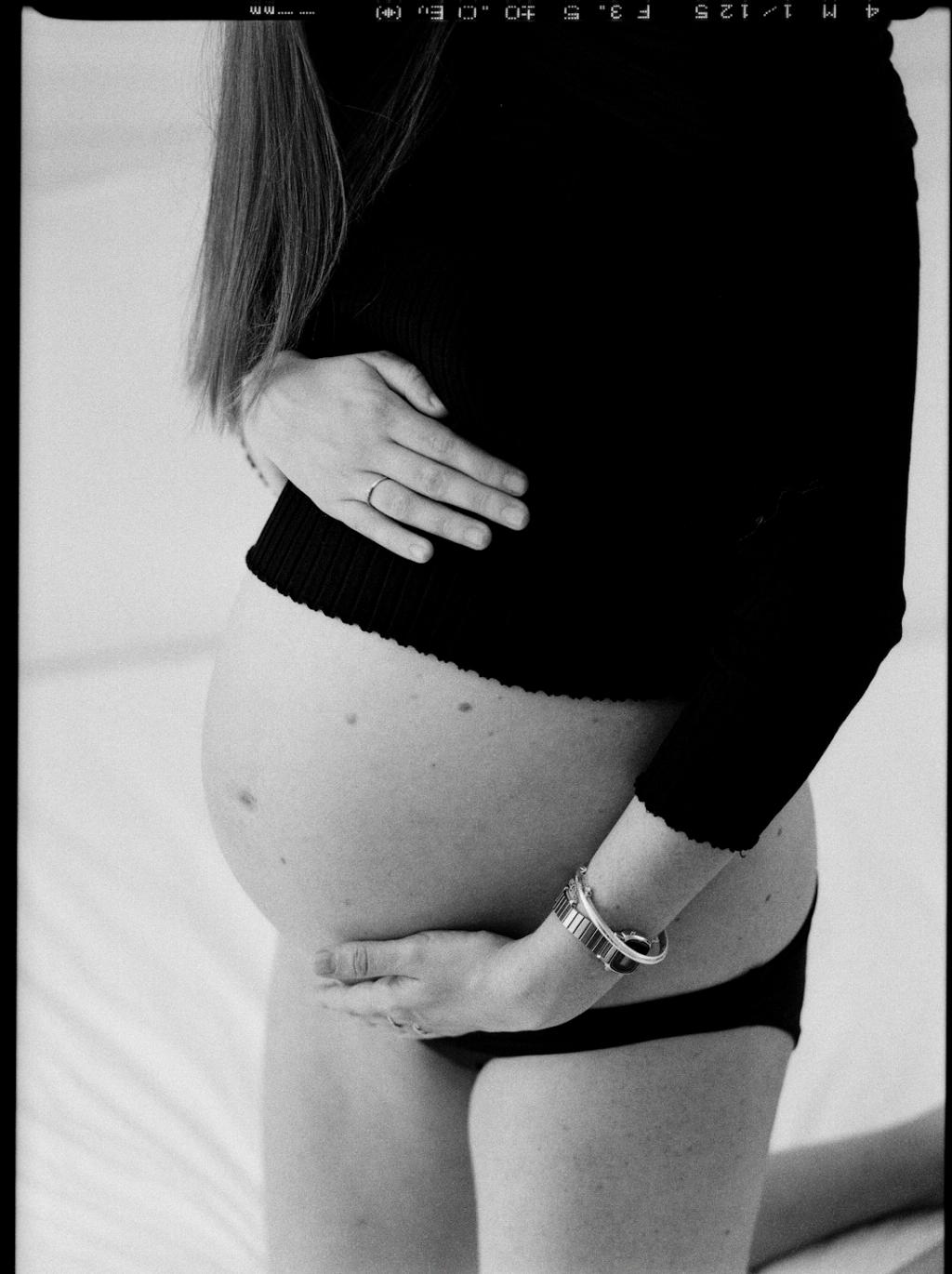When contemplating the question “Can Pregnancy Cause Herniated Belly Button?”, it is essential to delve into the intricate relationship between pregnancy and umbilical hernias. Umbilical hernias, a condition where abdominal contents protrude through the abdominal wall near the navel, are more prevalent in women than men.
The Influence of Pregnancy on Umbilical Hernias
Pregnancy can exert significant pressure on the abdominal wall, which may lead to the development or exacerbation of an umbilical hernia. As the pregnancy progresses, the intra-abdominal pressure steadily increases to accommodate the growing baby, potentially causing stress on the weakened abdominal muscles.
Timing of Hernia Symptoms During Pregnancy
It is noteworthy that symptoms of an umbilical hernia may become apparent in the second trimester in the majority of patients. The combination of hormonal changes, weight gain, and stretching of the abdominal muscles during pregnancy can contribute to the manifestation of hernia symptoms.
Recognizing the Risk Factors
Several risk factors may predispose individuals to developing an umbilical hernia, and pregnancy can exacerbate these factors. Factors such as multiple pregnancies, obesity, and a history of abdominal surgery can increase the likelihood of experiencing an umbilical hernia during pregnancy.
Managing Umbilical Hernias During Pregnancy
While the presence of an umbilical hernia during pregnancy may cause discomfort and concern, the management of this condition is typically conservative. Monitoring the hernia, avoiding heavy lifting, maintaining a healthy weight, and practicing proper body mechanics can help alleviate symptoms.
Consulting Healthcare Professionals
It is crucial for individuals who suspect they have an umbilical hernia during pregnancy to consult with their healthcare provider for a comprehensive evaluation. Healthcare professionals can provide guidance on monitoring the hernia and recommend appropriate measures to manage symptoms.
The Role of Surgical Intervention
In cases where an umbilical hernia becomes symptomatic or causes significant discomfort during pregnancy, surgical intervention may be considered. However, the decision to undergo surgery during pregnancy is carefully evaluated, taking into account the risks and benefits to both the mother and the developing baby.
Postpartum Considerations
Following childbirth, individuals with umbilical hernias may opt to undergo surgical repair to address the underlying abdominal wall weakness. Consultation with a healthcare provider is essential to determine the most appropriate course of action postpartum.
Embracing a Holistic Approach
Embracing a holistic approach to managing umbilical hernias during pregnancy involves incorporating lifestyle modifications, maintaining open communication with healthcare providers, and prioritizing self-care. By addressing physical, emotional, and psychological well-being, individuals can navigate this health concern with resilience.
Support and Awareness
Seeking support from loved ones and raising awareness about umbilical hernias during pregnancy can foster a sense of empowerment and understanding. By sharing experiences and information, individuals can advocate for their health needs and promote open dialogues within the community.
Conclusion
In conclusion, the relationship between pregnancy and umbilical hernias is multifaceted, with pregnancy potentially causing or exacerbating this condition in susceptible individuals. By remaining vigilant, seeking guidance from healthcare professionals, and prioritizing self-care, individuals can navigate the challenges posed by umbilical hernias during pregnancy with informed decision-making and support.

